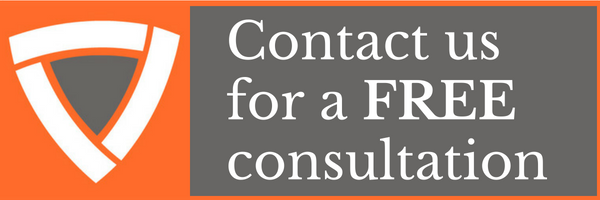Let’s talk about ways you as a consumer or a business can help avoid a hack of your data or server systems.
- Configure your computers and mobile devices to automatically install software updates. If you don’t know how to do this contact/contract, an IT support company to set this up for you.
- Take a look at using two-factor authentication. This involves using your password and also using a specified code that would be sent to your cell phone number. This only takes a few minutes to set-up and is well worth the effort.
- If you have a particular program on your computer that you do not use, trash it. More than likely that unused program is not being updated and patched on a regular basis. This creates an opportunity for hackers.
- Don’t click an unknown link!! Pay attention to the email itself, look for misspellings, poor grammar or incorrect fonts. If it doesn’t feel right don’t click it. Touch base with your contact and see if they actually sent you the specific email.
- Never plug in a jump drive that you are not fully confident as to its origins. Never.
- Use a password generator. These passwords are usually longer than you would like and contain a string of characters that you can’t remember. The way to get comfortable with this is use a respected password management system like Last Pass.
- Do not use public wi-fi systems like those found at airports or restaurants. Use a virtual private network (VPN) that will ensure your information is encrypted and not easily read by hackers.
Keep this in mind; people looking to capture your data are hanging around at coffee shops, bookstores, and wine bars. They look like they might be your neighbor, but they’re not. They are working with a team that will then leverage the information that they have captured to their advantage, getting it straightened out on your end can be VERY time consuming and costly. Always err on the side of caution.


















